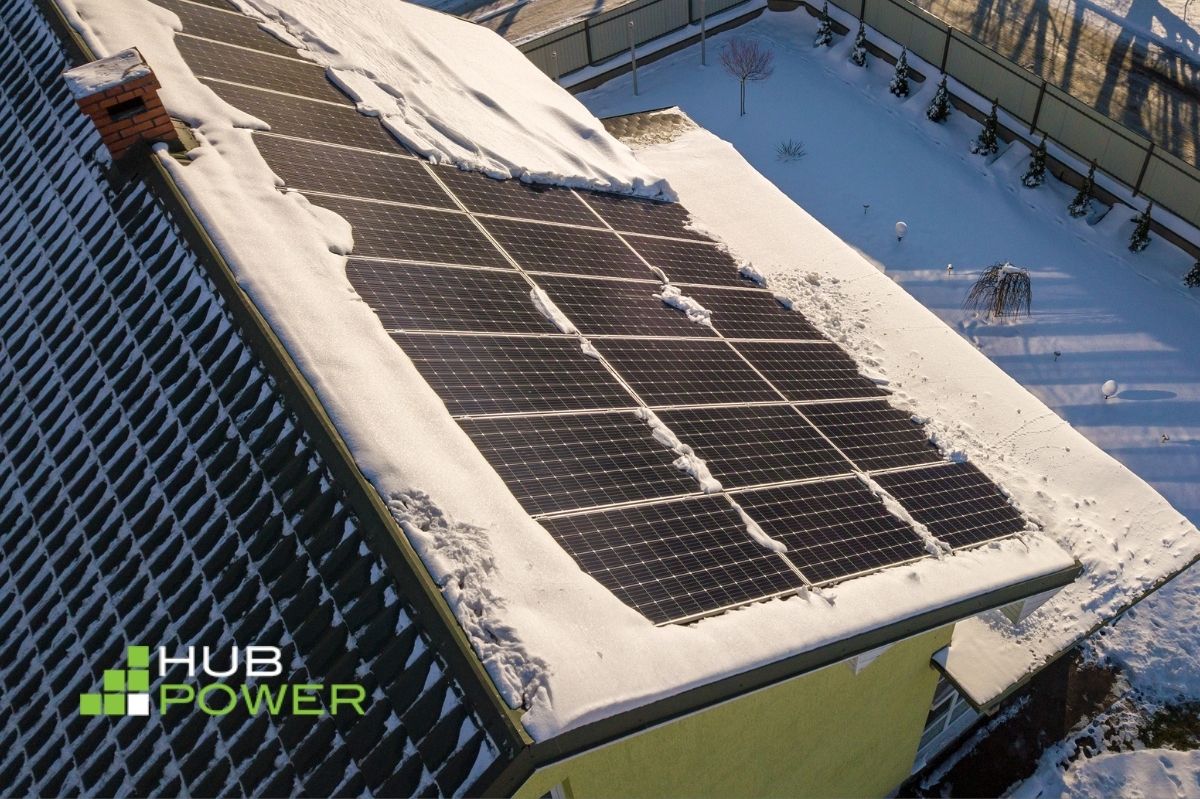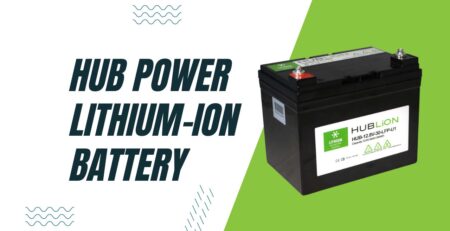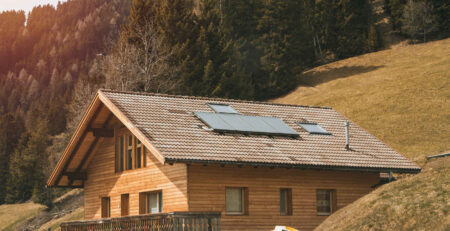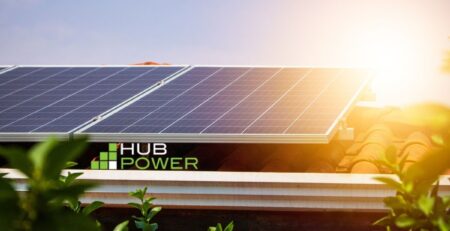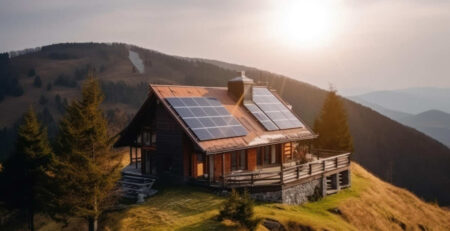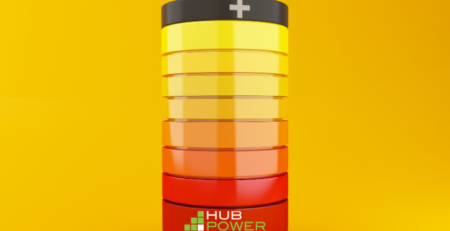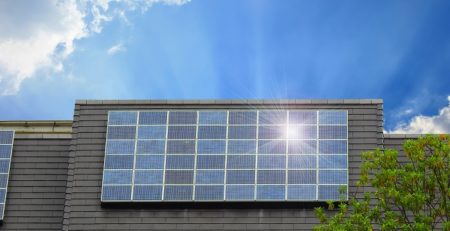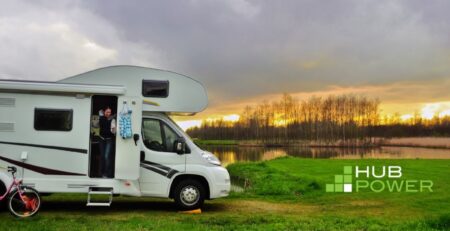Let It Snow With Solar Panels That Thrive In Freezing Temperatures | Start Off 2022 With Reliable Eco-Friendly Products!
Here’s a fun fact: believe it or not, solar panels can work really well in the harsh Canadian winter!
When solar panels are installed on homes and cabins, they help to efficiently bring in heat and power within their enclosed spaces. In a season that is bitterly cold and without consistent levels of sunshine, you’d think technology like solar mounting hardware would be useless in implementing solar panels on a roof. However, this isn’t the case and our team at Hub Power hopes to change this misconception and help you utilize solar power energy this winter.
We’re a provider of lithium solar batteries and power products that always puts your needs first. We’ve helped a variety of people with different needs for power and energy projects. To help you understand the effectiveness of solar panels during the winter, we’ll explain how they work in extreme cold, freezing states, and if they’re able to heat up water in the cold.
“Our knowledgeable and experienced personnel are focused on providing the best solutions for your needs! Before going anywhere else, be sure to consult with one of our experts on your application and we assure you that you will receive professional guidance and products saving you time, energy and money.”
Can Solar Panels Work In Extreme Cold?
Even if the weather is extremely cold and brings a lot of snow to the ground, solar panels can work just as efficiently, if not better and harder, than in times when it’s sunny and hot. They can further minimize the production drop due to piles of snow on the panel or loss of daylight hours. Solar panels are able to work in winter because of their built-in photovoltaic (PV) technology, making them able to easily convert sunlight to power in colder conditions.
Even with minor amounts of snow on the panels, more sunlight will be reflected onto them, boosting the amount of energy your system generates each day. Another reason why the wintery cold or snow coverage doesn’t negatively affect solar panel performance is that the total amount of annual sunlight peaks between March to October. The days are longer during this period and there’s no snow, so the panels are able to collect sunlight in the meantime and store that energy for use in the winter,
Additionally, snow on solar panels will melt off faster because the panels operate at temperatures above the ambient temperature and have a smoother surface. The sun actually accelerates the melting process and helps the panels to generate electrons as quickly as possible. A study on solar power in the winter found that panels that had snow removed experienced only 1% to 5% more production than their counterparts in normal weather.
Solar panels will only ever stop work if they’re completely covered in snow, but can otherwise hold up to 112 pounds of it before stalling. If you do decide to clean your solar panels in the cold winter, we don’t recommend you climb on your roof to do so. Most panels are installed in an angle that helps snow just slide off or melt easily. If you’re really eager to brush snow off, use a soft brush that isn’t coarse or bristly because you risk scratching the solar panel’s tempered glass.
Ultimately, snow won’t affect the overall performance of your solar panels. The sunlight will help to melt snow and ice in some cases. Feel free to ask our Hub Power team for tools to help clear snow off your solar panels. Now, let’s get into how and if solar panels work if they’re frozen.
Do Solar Panels Work When They Are Frozen?
Solar panels should be able to keep working in frigid temperatures and shouldn’t freeze. Certain solar thermal systems have a special antifreeze solution that flows through a coil to heat up a hot water cylinder. This then circulates hot water throughout the home and the panels to deal with any incoming snow or ice.
In addition, solar panels will increase their output during the winter and collect just as much sunlight if they’re covered with them. They can not only perform in the harshest Canadian winters but also thrive through peak performance if they’re well-maintained and inspected every so often. That brings us to the question of solar panels heating water in the winter. Let’s break down how that process works next.
Do Solar Panels Heat Water In The Winter?
As we discussed before, one of the advantages of solar panels in your home is their ability to provide hot water through solar thermal collectors. When the solar panels are fitted on your roof, tiny tubes of water inserted in them are heated by the sun and can reach up to 90 degrees Celsius in temperature. It’s then passed through your home where the heated water is transferred to a storage tank or cylindrical coil. From there, the pipes then transport this heated water to use within your home.
Rely on solar power energy for your daily power and energy needs!
Solar panels have their great uses during the winter and can work great through snow and ice. Get in touch with Hub Power today to learn more about specific applications for solar panels in the winter.


